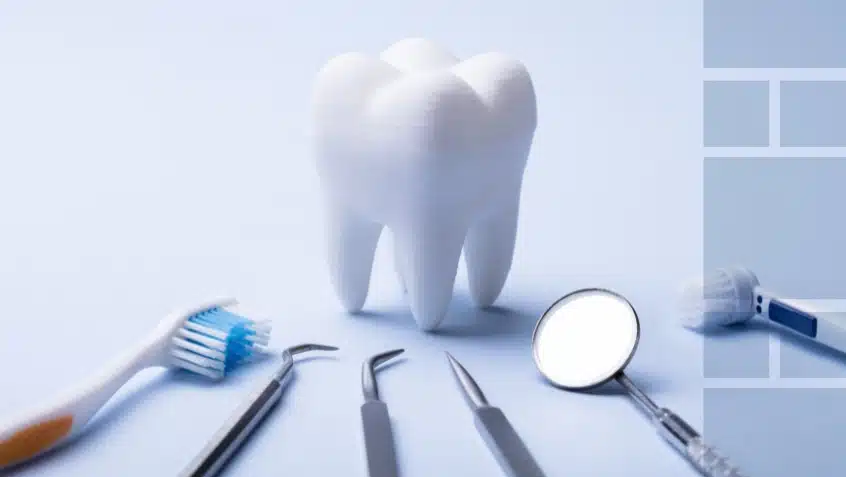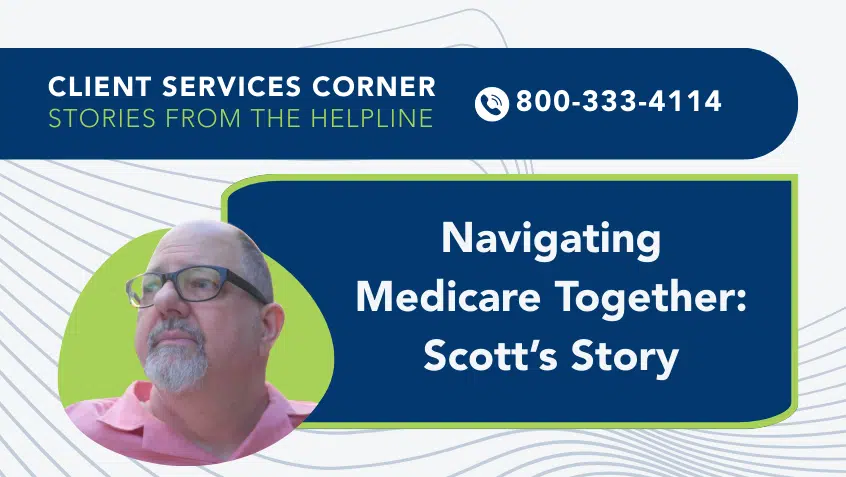Join Us Live for a Discussion on Medicare, Democracy, and the Future of Health Care
Proposed Rules Would Extend and Ease Access to Medicare Medically Necessary Dental Care

In two newly proposed rules, the Biden-Harris administration has identified ways to extend Medicare coverage for medically necessary dental care and streamline billing. These are important steps to ensure that people with Medicare have access to vital oral health coverage.
Millions of older adults and people with disabilities lack access to affordable, essential dental care. This care is critically important to maintaining overall health, and the lack of coverage in the Medicare program exacerbates underlying racial, geographic, and disability-related health and economic disparities and inequities.
Currently, Medicare Part B only pays for dental services that are linked to the clinical success of another covered service. That is, when the dental care is integral to “medically necessary” services that are needed to treat a beneficiary’s primary medical condition. But these situations that have long been too-narrowly defined, curtailing access to important oral health treatments. Last year, the Centers for Medicare & Medicaid Services (CMS) began to correct address this. The agency broadened its interpretation of “medically necessary” dental care to allow for payment in a wider range of circumstances, including before surgical procedures like organ transplants and cardiac valve replacement or repair.
CMS also established a process to identify and cover additional medically necessary dental services and requested information about other medical services with deep ties to dental services. As a result of this feedback, CMS is now proposing to cover dental examinations and services that are related to head and neck cancers, as well as those needed to eliminate oral or dental infections for people undergoing chemotherapy and certain other cancer treatments. CMS also asks for information for specific other covered services and their relationship to oral health care, including cancer radiation therapy.
In another recent rule, CMS proposes to establish new billing codes that would better allow hospital outpatient facilities to track and manage the medically necessary dental services that were established last year. The old codes are not clearly related to such services and can result in ambiguity and confusion; this may create a barrier to beneficiary access to these important services.
Medicare Rights applauds these administrative steps to extend Medicare dental coverage and ease beneficiary access. The link between oral health and whole-body health is clear and these reforms, though limited, can improve outcomes for those living with complex conditions.
We will continue to urge CMS to extend coverage in other circumstances where there is a similar link between dental care and medically necessary treatment. But we know such coverage is not enough. We will also continue to advocate for full dental coverage in Medicare Part B. All beneficiaries should have access to affordable, comprehensive oral health care they need to improve their health, well-being, and economic security.
Show Comments
We welcome thoughtful, respectful discussion on our website. To maintain a safe and constructive environment, comments that include profanity or violent, threatening language will be hidden. We may ban commentors who repeatedly cross these guidelines.
Help Us Protect & Strengthen Medicare
Donate today and make a lasting impact
More than 67 million people rely on Medicare—but many still face barriers to the care they need. With your support, we provide free, unbiased help to people navigating Medicare and work across the country with federal and state advocates to protect Medicare’s future and address the needs of those it serves.
The Latest
Most Read
Add Medicare to Your Inbox
Sign up to receive Medicare news, policy developments, and other useful updates from the Medicare Rights.
View this profile on InstagramMedicare Rights Center (@medicarerights) • Instagram photos and videos









